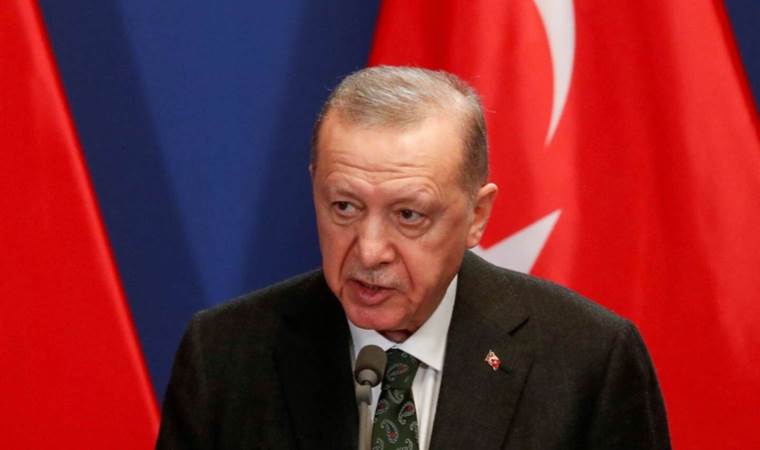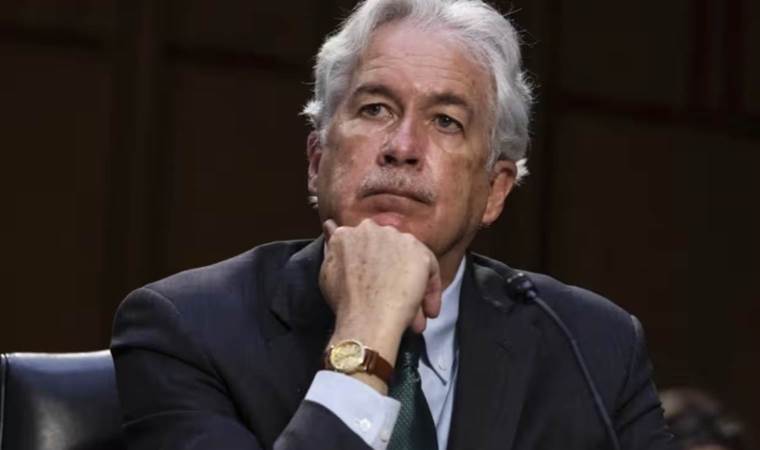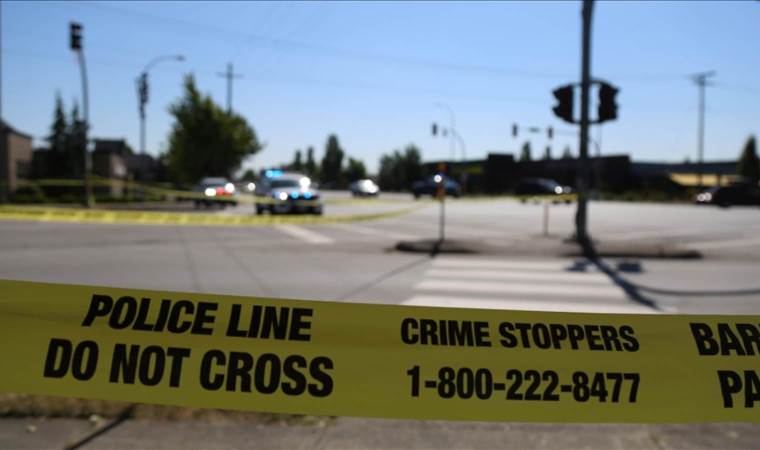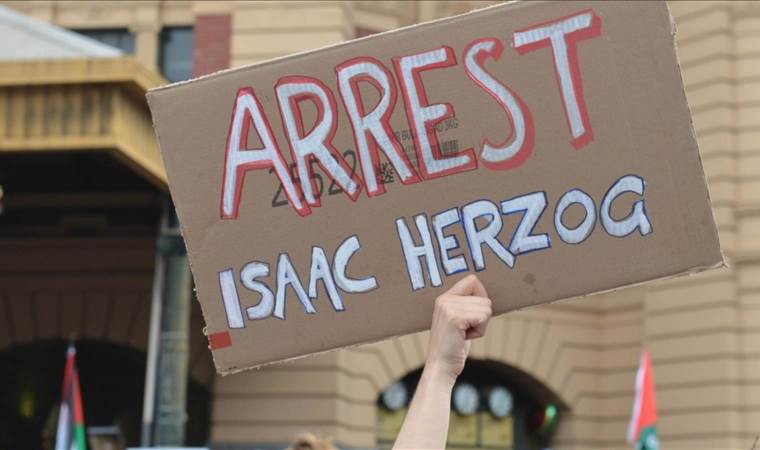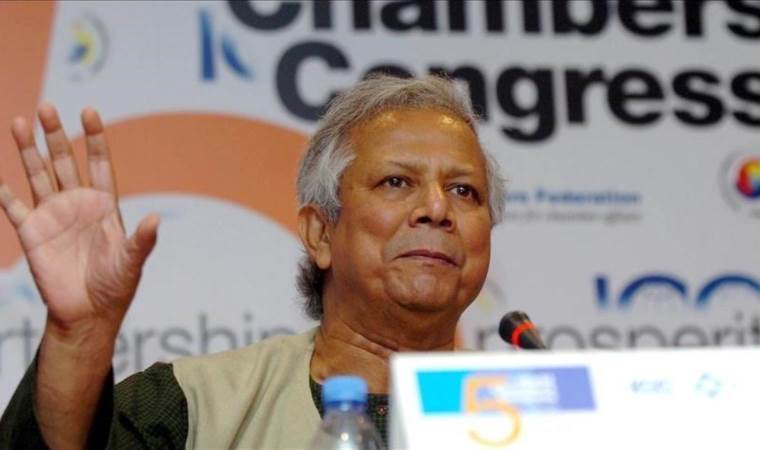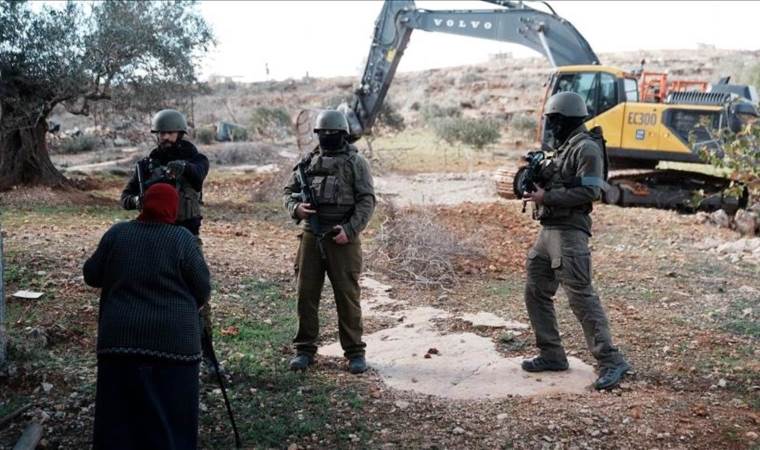Is Hizb-ut Tahrir an MI6 and MOSSAD project?
We scrutinized the Hizb-ut Tahrir organization, which came to the agenda with the Arabic flags they carried during a march in Istanbul and their calls for a 'caliphate.' There are significant indications that the organization, classified as a 'terrorist organization' by the Republic of Turkey and operating at an international level, is associated with foreign secret services.
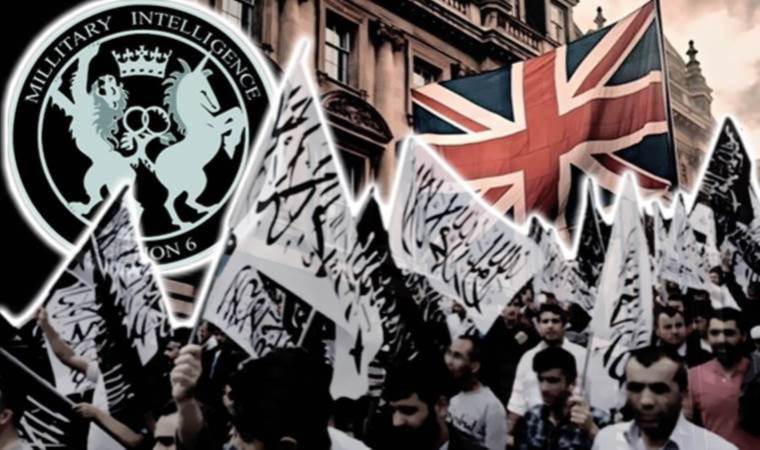
Supporters of the terrorist organization Hizb-ut Tahrir, which came to the agenda with their calls for "caliphate" and "jihad" during a march organized in Istanbul on December 17, operate in more than 50 countries.
According to some, the organization's headquarters are in Jordan, where it is banned, and according to others, in London, the capital of England, a haven in the West.
The organization is banned in Egypt, Libya, Tunisia, Jordan, Syria, Saudi Arabia, Pakistan, Malaysia, Bangladesh, Indonesia, Russia, China, Germany, Tajikistan, Azerbaijan, Kazakhstan, Kyrgyzstan, Uzbekistan, and Turkmenistan. However, it operates legally in the USA, the UK, Australia, the Netherlands, Denmark, the United Arab Emirates, Lebanon, and Yemen.
According to a report published in the Foreign Affairs Journal, Hizb-ut Tahrir has a "nationalist-antagonistic, supranational, and pan-Islamic" ideology and, in this respect, serves a "useful" function for Western secret services.
IS IT BANNED IN TURKEY?
The activities of Hizb-ut Tahrir in Turkey date back to the early 1960s. The first operation against the organization was conducted in 1967, and to this day, more than 2000 people have been tried in cases related to the organization.
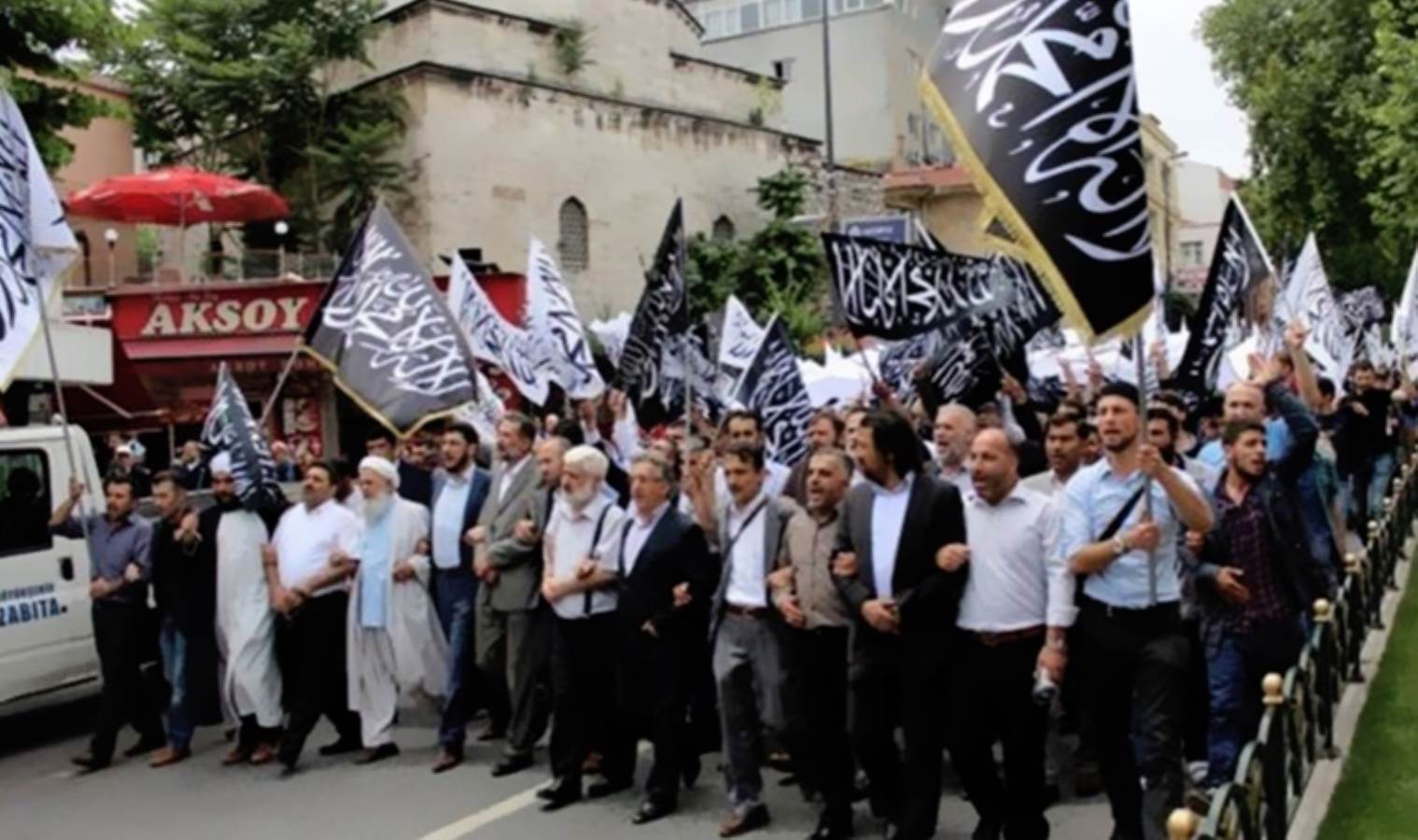
Hizb-ut Tahrir militants and sympathizers, December 17, Istanbul
In 2003, with the amendment of the definition of 'terror' in the Anti-Terror Law, requiring an organization to "resort to coercion and violence" to be a terrorist organization, some members of the organization being tried at that time were released. However, Hizb-ut Tahrir was defined as a "terrorist organization" by the Supreme Court's decision in 2004.
According to Mahmut Kar, Head of the Hizb-ut Tahrir Turkey Media Office, speaking to BBC Turkish, "The Constitutional Court found the explanations in the reasoned decisions of both the local courts and the Supreme Court insufficient to accept Hizb-ut Tahrir as a terrorist organization..."
It is worth remembering that the organization, which came to the agenda with its "call for caliphate" at the march on December 17, organized the "International Caliphate Conference" in 2016 at the Atatürk Sports and Exhibition Hall in Ankara, with the participation of about 5,000 people.
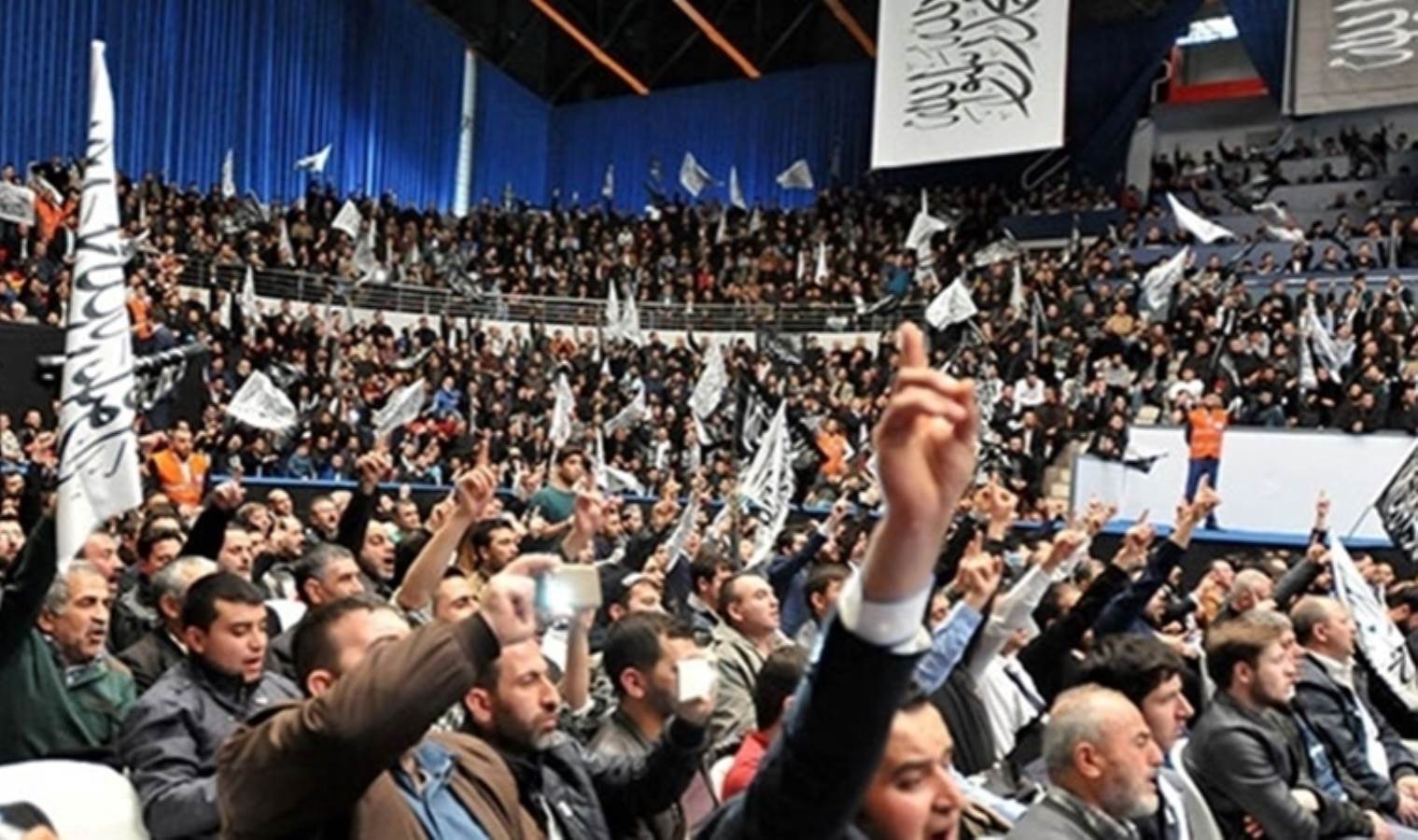
The so-called 'International Caliphate Conference,' 2016, Ankara
Today in Turkey, the organization continues its destructive activities aimed at overthrowing the constitutional regime through the magazine "Köklü Değişimler" (Radical Changes).
COUP ATTEMPTS, ASSASSINATIONS
The Hizb-ut Tahrir (HT) organization has quite extensive record of crimes such as "staging coups and planning assassinations of state presidents" in predominantly Muslim countries.
The organization's approach stems from a strategy of "focusing on the near enemy" and "eliminating 'Muslim-like' leaders in Muslim countries."
- The organization is known to have been involved in two unsuccessful coup attempts in Jordan and Syria in 1968/69.
- Moreover, in April 1974, an organization member, Salih Sirriya, led another coup attempt in Egypt with about 100 members. The terrorist members of the organization attacked the Military Technical Academy in Heliopolis, intending to seize the arsenal and then assassinate President Anwar Sadat. However, they were collectively arrested following the death of eleven organization members and the injury of many others.
- On January 19, 2012, the Bangladesh Army reported that Hizb-ut Tahrir was involved in a planned coup in December 2011 to overthrow the government.
- On August 2012, a Brigadier General and three majors in the Pakistan Army were imprisoned for being members of Hizb-ut Tahrir.
- Most recently, on October 25, 2022, the organization attempted an armed attack in front of the Istana Negara, one of the presidential palaces in Jakarta, Indonesia.
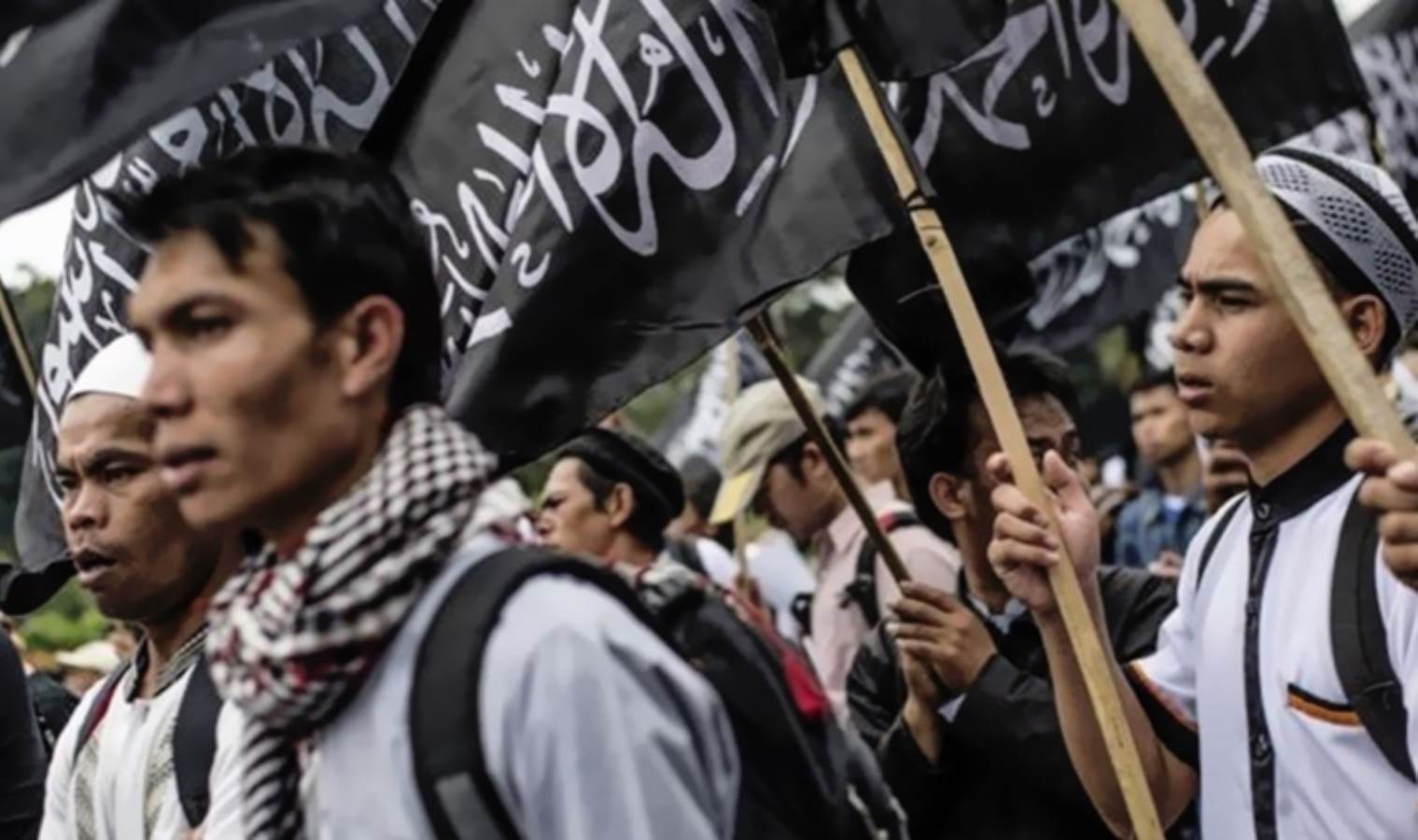
Hizb-ut Tahrir rally, Indonesia
In many countries where it is banned, the organization has been accused and prosecuted for illegal acts such as "seizing the government; infiltrating legal security organizations such as armed forces and police forces."
LOGISTIC NERVE CENTER: LONDON
In the face of the wave of terror in Muslim countries, the organization seems to pursue more harmonious and "peaceful" policies with the established order in Western countries. The organization, banned in many Muslim countries, has "legal branches and representatives" in many Western capitals.
The United Kingdom serves as the organization's "logistical nerve center." In 2005, the UK Home Office described the organization as a "non-violent Islamist group." The global distribution of organizational publications such as brochures and books is managed from London, and it is stated that the organization is financed in the country through private donations and membership revenues.
The organization's UK Media Representative is a British who took the name Yahya Nisbet after converting to Islam.
There are many senior Western executives like him within the organization.
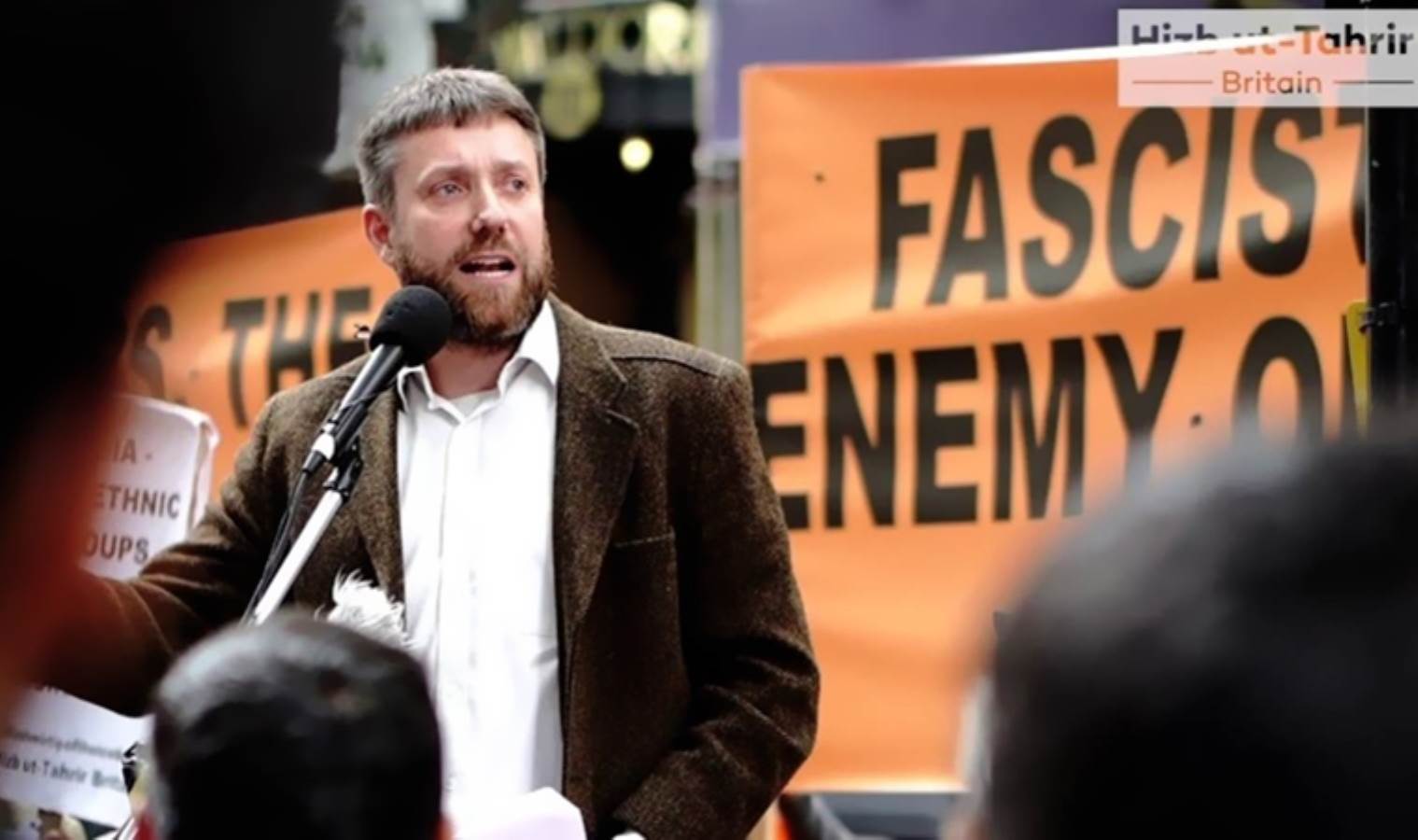
Hizb-ut Tahrir UK Media Representative Yahya Nisbet
Moreover, there are significant indications that "the organization is managed by the British foreign intelligence service MI6."
"A SECRET HAND" PROTECTING THE ORGANIZATION
Former UK Prime Ministers Tony Blair in 2009 and David Cameron in 2011 attempted to ban the organization in the country. However, the UK Home Office and other relevant institutions have defended throughout history that "the organization does not advocate violence, hence cannot be banned."
Dr. Noman Hanif, Director of the London International Relations Center (LCIR), explains this complex situation to the BBC:
"I think the UK has plenty of evidence to ban Hizb-ut Tahrir. However, each time, there is intervention from the Home Office or the depths of the established political order not to ban it. Even David Cameron promised to ban the organization before he was elected prime minister, but he couldn't do it when elected. Maybe the state has won over some people from Hizb-ut Tahrir for intelligence purposes."
CAN'T BE BANNED...
The organization has more than 300 members and media spokespersons in Australia. In 2005, the Australian Intelligence Service explored the possibility of banning the organization but did not take this step. In 2007, the premier of New South Wales tried to declare the organization illegal, but he was also blocked by the Australian Attorney General.
According to the US spokesperson Reza Iman, the organization has been operating in the US for about 30 years. In 2000, with the help of British members, a branch was opened in Denmark, and today it also has legal activities in this country.
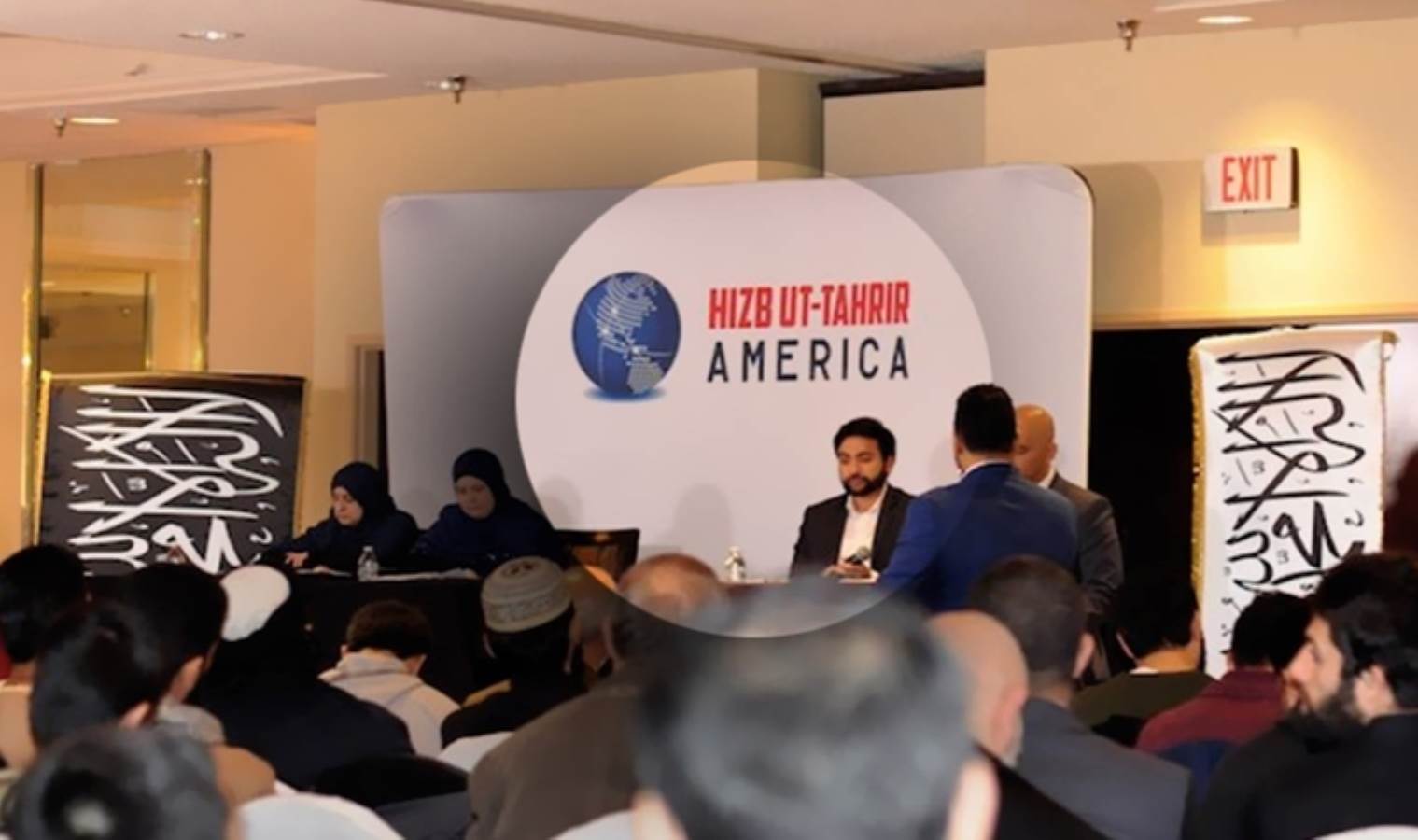
Hizb-ut Tahrir US organization meeting
On the other hand, the research magazine Expo wrote that the organization started settling in Sweden in 2012. Hizb-ut Tahrir organized its annual "caliphate conference" in Stockholm in October 2012.
IS HIZB-UT TAHRIR A MI6 PROJECT?
According to Pakistani journalist Shad Khan, there are numerous materials and reports that Hizb-ut-Tahrir is essentially an MI6 project.
Khan believes, "The organization's activities in Central Asia are seen as vitally important by (British foreign intelligence) MI6 as part of the Anglo-American strategy to surround the Russians and, in the last decade, to counter China's growing influence..."
This is also reflected in the funds flowing from the British government to the organization.
FUNDS FLOWING TO THE ORGANIZATION
According to a report by the British Daily Telegraph dated October 25, 2009, "leading members of a group seeking to overthrow the British state and establish a dictatorship based on Islamic law secured over 100,000 pounds of taxpayers' money for a chain of schools..." That is, they received more than 100,000 pounds of funding from the British government.
In November 2009, the Cameron Government was once again accused of "providing financing to Hizb-ut Tahrir through the Pathfinder government fund, aimed at combating violent extremism."
The British Times magazine asked a meaningful question in its article dated July 4, 2009, titled "British Islamists Plotting in Pakistan":
"How can Hizb-ut-Tahrir members, closely followed by British intelligence and even known by the Times, travel so frequently between the UK and Pakistan?"
According to Khan, "The connections between so-called Islamist militants and Western espionage agencies show that some so-called extremist groups are small tools in the 'Great Game.' This situation is also supported by news from the Western media itself..."
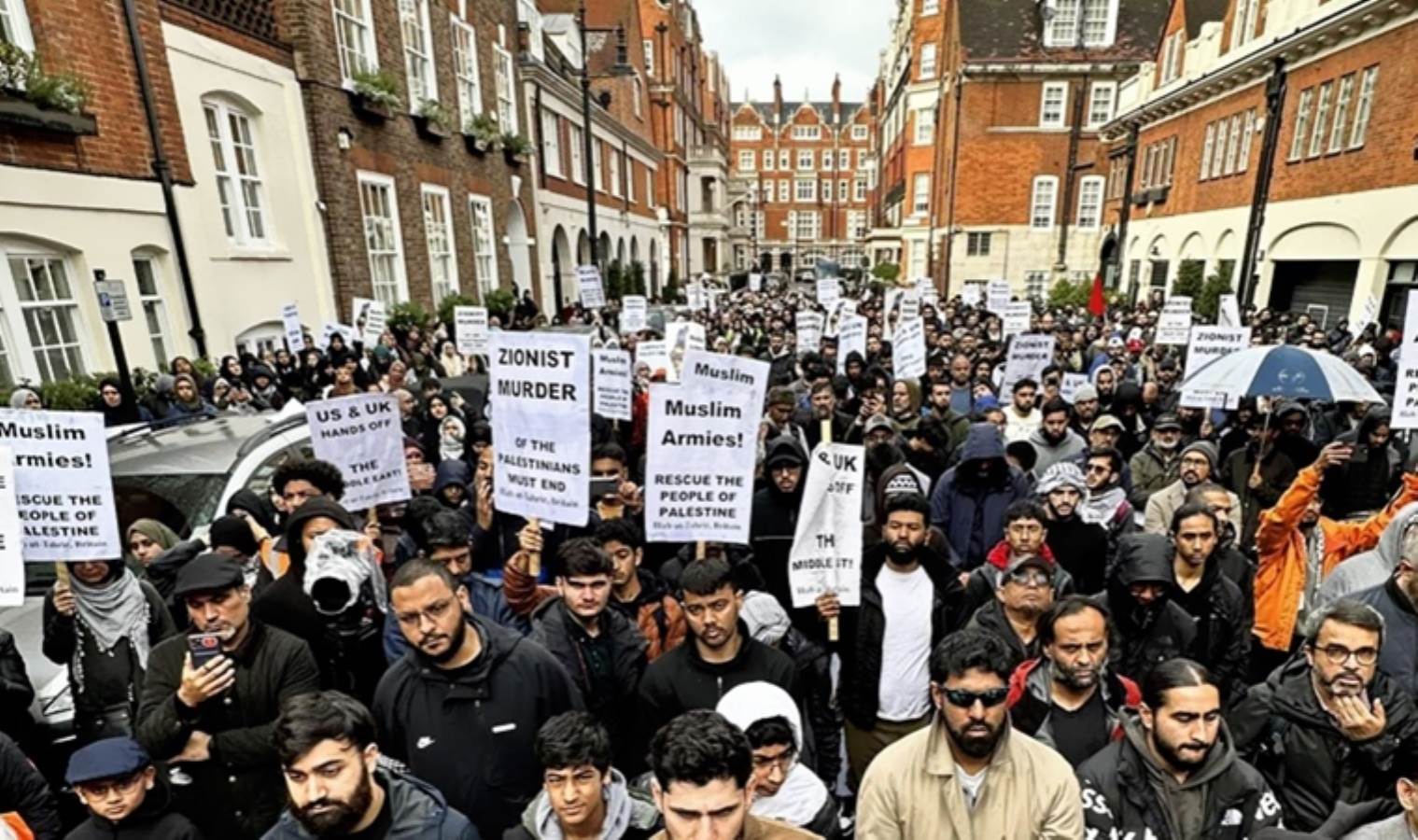
Hizb-ut Tahrir UK, march
In one of her last interviews, before she was assassinated on December 27, 2007, former Pakistan Prime Minister Benazir Bhutto said on Business Plus TV, "An old terrorist is being eliminated, and a new one or a better terrorist' is coming. This situation is supported not only by the maligned established order but also by the leading names in the media..."
ASSESSMENT FROM ISRAEL
The International Institute for Counter-Terrorism (ICT) at Reichman University in Israel, through Research Associate Michael Whine, published a report on February 20, 2004, titled "The Modus Operandi of Hizb-ut Tahrir in an Open Society," filled with praises for the organization. The report describes the group as follows:
"Hizb-ut Tahrir is different from other Islamist groups operating in Europe and the USA. It particularly appeals to the intellectual segment, surpassing the allure of global jihadist movements and other Islamist movements..."
The report continues:
"The members do not engage in the political processes of the countries they live in, which has led to public and private criticism by other Islamist groups..."
"The leaders and members constantly emphasize that Hizb-ut Tahrir is a political party with Islam as its politics; they attempt to engage in dialogue with the West about capitalism and its evils and present Islam as an ideological alternative..."
"It [the organization] is also evangelical and appeals to converts. Some of its leading figures, like Canadian Jamal Harwood (have converted to Islam...)."
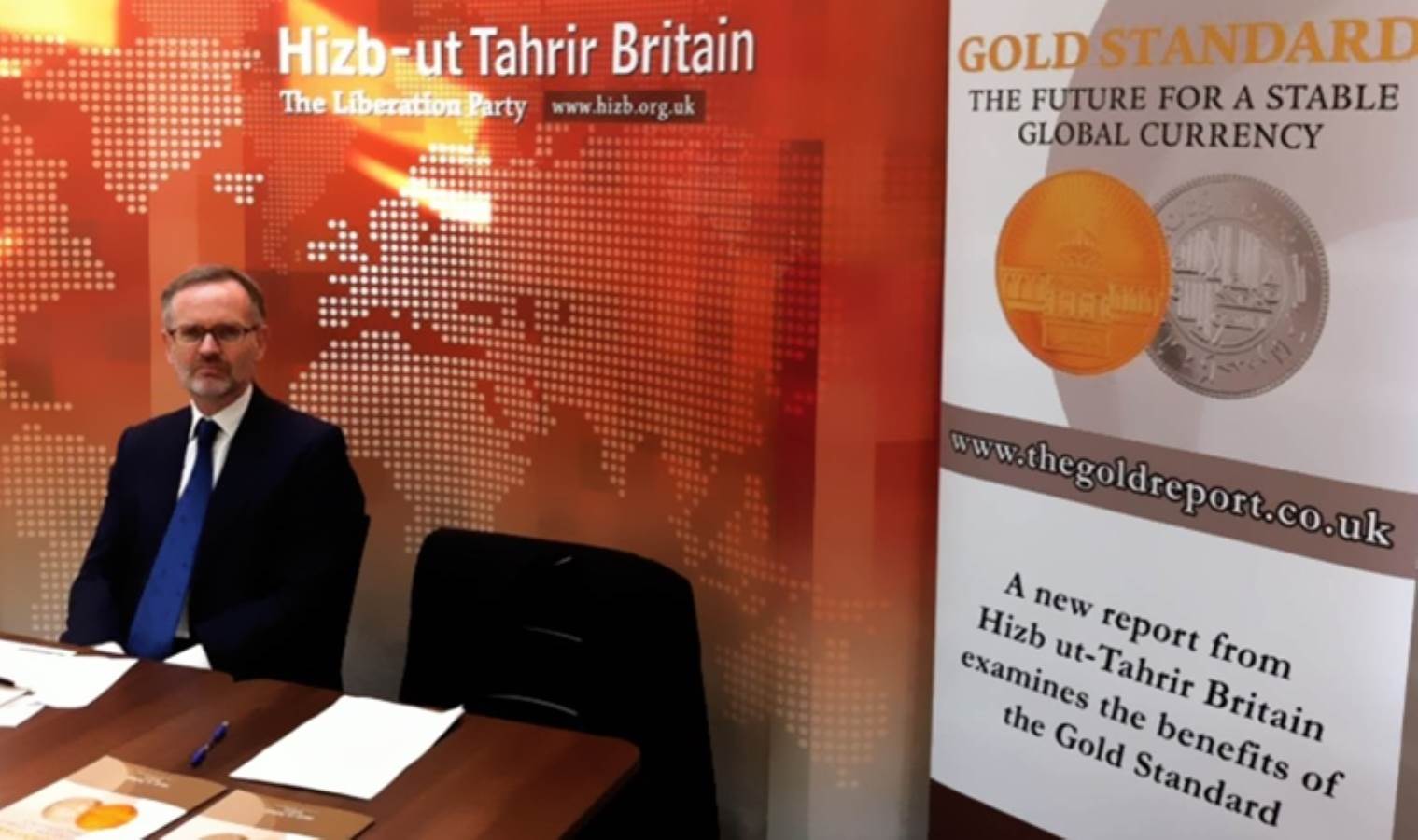
Jamal Harwood
Regarding the organization’s stance on violence, the report notes:
"Hizb-ut Tahrir consistently asserts its rejection of violence. While it believes that armed struggle is prohibited by Sharia, it paradoxically employs militant jihad rhetoric (!)."
SUSPICION OF MOSSAD INVOLVEMENT IN HIZB-UT TAHRIR
We conclude our article with a news piece from 2009 that could indicate the source of all these praises...
On July 28, 2009, a news report in Sabah newspaper claimed that Yılmaz Çelik, the spokesperson for Hizb-ut Tahrir in Turkey, frequently met and received money from Imadudeen Barakat, who was alleged to be an agent of the Israeli Secret Service, MOSSAD.
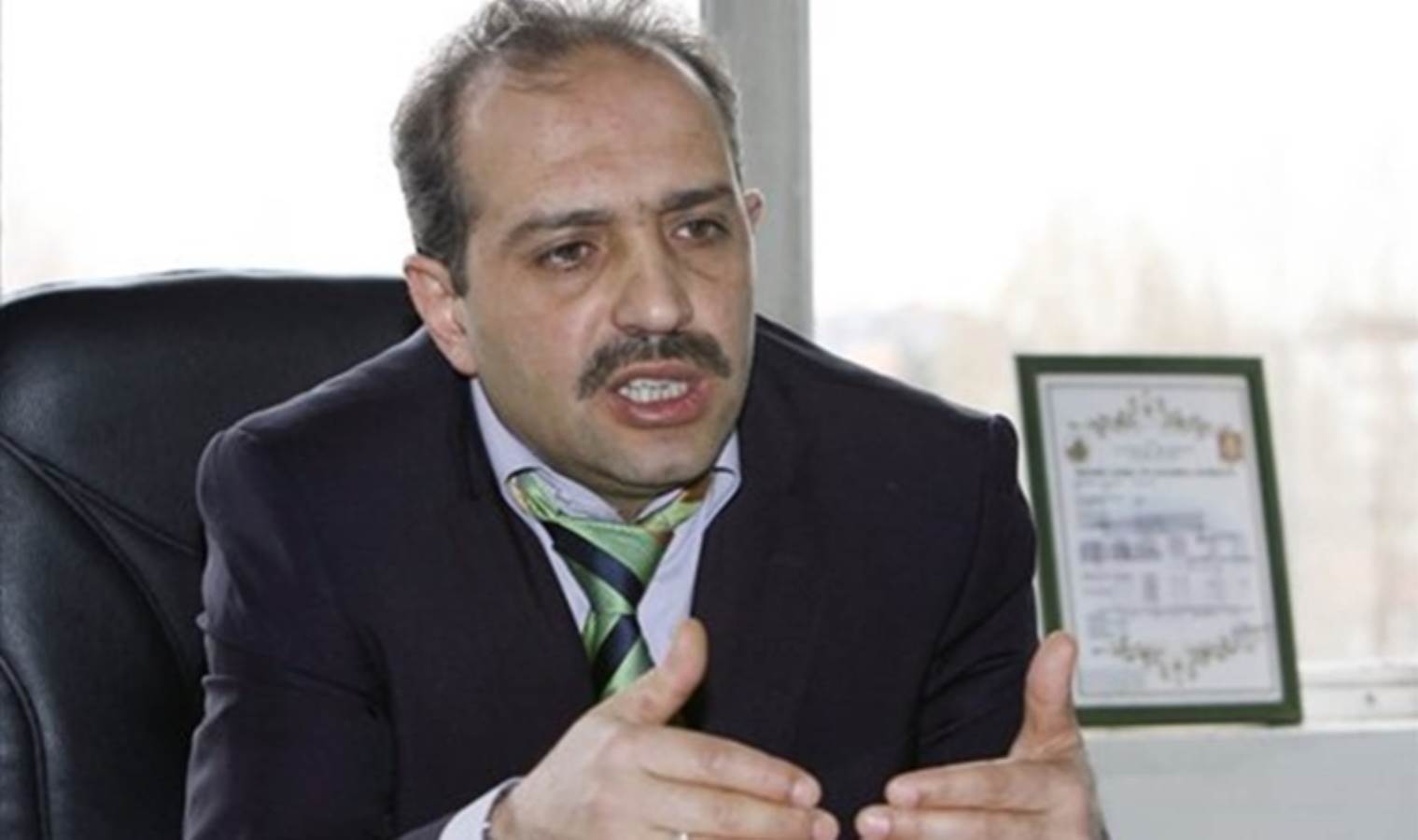
Yılmaz Çelik
According to the report in Sabah, a joint operation by the General Directorate of Security and MIT (National Intelligence Organization) across 23 provinces revealed MOSSAD connections to Hizb-ut Tahrir.
Jordanian-born Barakat, who studied business in the USA and completed his master's at Near East University in the Turkish Republic of Northern Cyprus, later married a Turk and applied for Turkish citizenship. Barakat, known as the "Turkish Lawrance" who works for MOSSAD, speaks Arabic, Turkish, and English fluently. His arrival in Turkey coincided with Çelik becoming the spokesperson for Hizb-Ut Tahrir.
Barakat was caught in Ankara during a 2003 operation and interrogated by MIT, where an Israeli ID and passport were found on him. After being released, he returned to Israel.
In 2009, MIT, focusing on operational surveillance of the organization, determined that Çelik was in constant contact with someone in Israel, who regularly transferred money to Çelik's bank account. MIT identified this individual as Imadudeen Barakat, who had fled from Turkey to Israel six years earlier.
Most Read News
-
 10 killed, including suspect, in school shooting in Cana
10 killed, including suspect, in school shooting in Cana
-
 Death toll in Philippine shipwreck climbs to 52
Death toll in Philippine shipwreck climbs to 52
-
 Trump casts doubt on potential Iran deal, says it must a
Trump casts doubt on potential Iran deal, says it must a
-
 Hundreds protest outside Australia’s parliament against
Hundreds protest outside Australia’s parliament against
-
 Bangladesh's Yunus urges nation to vote ahead of 1st ele
Bangladesh's Yunus urges nation to vote ahead of 1st ele
-
 European nations condemn Israeli measures to expand cont
European nations condemn Israeli measures to expand cont
-
 Trump says he does not support Israeli annexation of Wes
Trump says he does not support Israeli annexation of Wes
